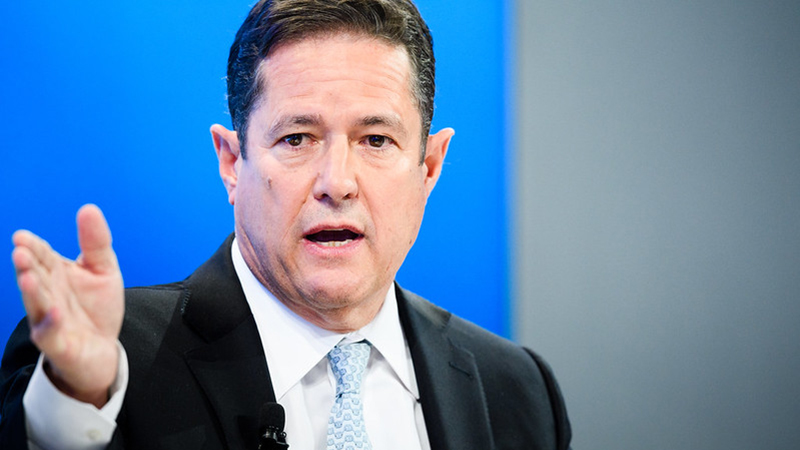The Financial Conduct Authority and Prudential Regulation Authority have each agreed to impose a penalty of 10% of Staley’s relevant annual income, for failing to act with “due skill, care and diligence” while attempting to uncover an anonymous whistleblower.
For his “serious errors of judgement” the Barclays boss is being fined a total of £642,430. However, the Barclays board has said he will get to keep his job.
The regulators said the fine was “appropriate and proportionate” given Staley’s seniority at the bank and the impact of the potential breach.
Barclays will now also be subject to special requirements to ensure its whistleblowing procedures are effective, including reporting to the regulator on an annual basis.
The City watchdogs have previously stated they are not pursuing enforcement action against Barclays Bank Plc nor its UK retail banking arm, Barclays Bank UK.
The case against the Barclays boss is significant for being the first of its kind brought by the FCA and PRA under the Senior Managers Regime.
Barclays announced it was under investigation last April, following Staley’s attempts to identify the writer of an anonymous letter received by the board in June 2016 that claimed to be from a Barclays shareholder.
The letter contained various allegations, some which concerned Staley, and another regarding a recent senior appointment at the bank.
The FCA and PRA said that Staley should have “maintained an appropriate distance” given his conflict of interest and should have received express confirmation from Barclays’ whistleblowing division that what he wanted to do was permissible.
Although investigators said Staley’s actions did not breach the requirement to act with integrity, they found he failed to “act with due skill, care and diligence” in a way that “risked undermining confidence in Barclays’ whistleblowing procedures”.
Mark Steward, FCA executive director of enforcement and market oversight, said that Staley was being held to a “more demanding” standard than other employees, given his role as chief executive of the bank.
“Chief executives must act with a high degree of care and prudence at all times,” said Steward.
“Whistleblowers play a vital role in exposing poor practice and misconduct in the financial services sector. It is critical that individuals are able to speak up anonymously and without fear of retaliation if they want to raise concerns.”










